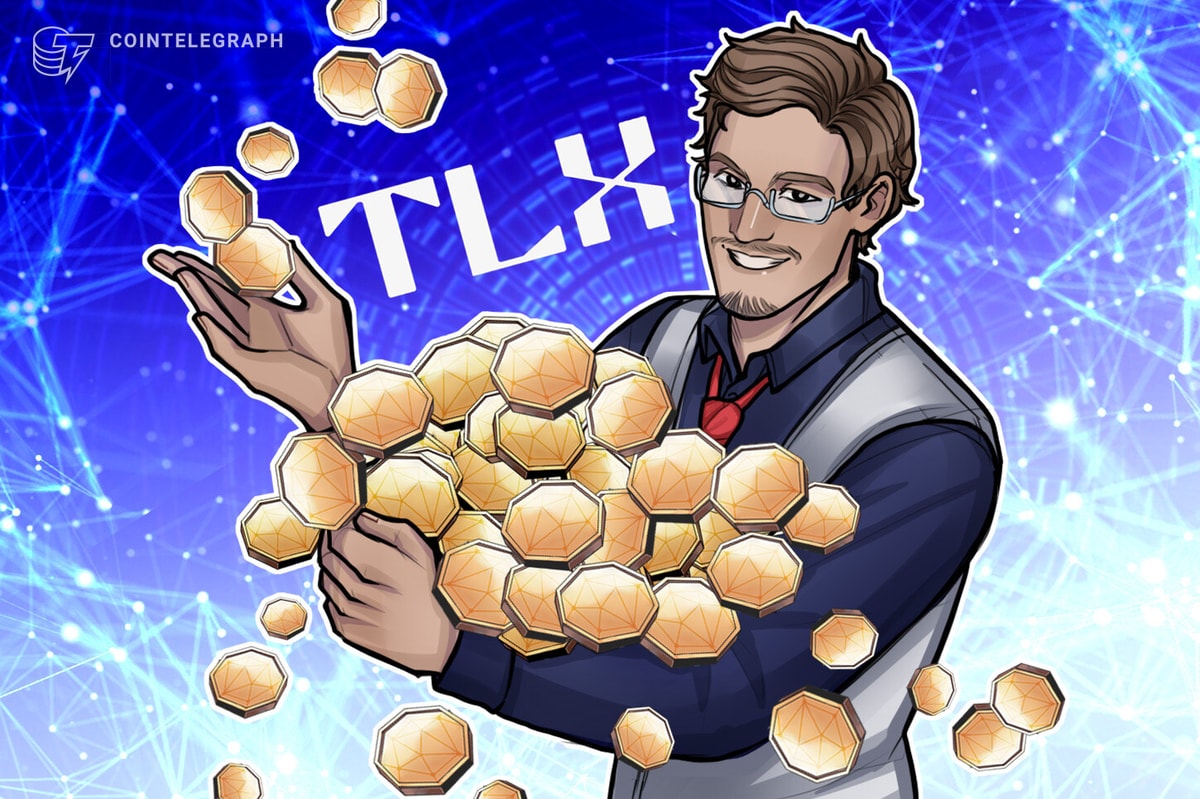Optimism-based platform TLX brings leveraged tokens to decentralized finance, bridging the gap between centralized exchanges and DeFi.
Leveraged trading is a financial strategy that allows investors to take larger positions than their capital would normally permit. This concept is expanded upon with leveraged tokens, which are backed by perpetual futures contracts. Perpetual futures contracts enable users to speculate on the future price of an asset without an expiry date.
Leveraged tokens bridge the gap between centralized exchanges (CEX) and the innovative, user-friendly approaches of decentralized finance (DeFi).
Despite their benefits, leveraged tokens may encounter network congestion on blockchains with limited transaction capacity — especially on networks such as Ethereum, where transaction fees peak during congestion, the value of positions can be eroded and leverage support remains limited.
To overcome high transaction fees, money markets such as Aave and Compound operate on layer-2 blockchain networks, which are more efficient but still far from perfect. The number of assets supported by money markets such as Aave and Compound is limited, and the amount of leverage that users can acquire is very limited. Leveraged tokens that are built on top of money markets incur expensive rebalancing that can eat away at users' principal.
In response to these shortcomings, TLX has introduced leveraged tokens that are backed by perpetual futures contracts, which allows the leveraged tokens model to be both scalable and efficient.
The Uniswap for perpetual futures
TLX, a DeFi platform built on Optimism — a layer-2 network on Ethereum — presents a permissionless, noncustodial leveraged token landscape. Addressing the key challenges preventing leveraged tokens from becoming a mainstream DeFi product, TLX offers users over 50 assets with up to 20x leverage.

Users can mint leveraged tokens by selecting the target asset and leverage ratio. Source: TLX
TLX aims to become 'the Uniswap of the perpetual futures market.' Uniswap is a decentralized exchange (DEX) protocol built on Ethereum that enables users to trade crypto directly from their wallets without the need for an intermediary, using an automated market maker.
Like Uniswap, TLX works via a simple swap UI. Users can create long or short positions with up to 20x leverage using TLX. All leveraged tokens minted on TLX maintain a constant leveraged factor and do not require any margin management.
Perpetual futures contracts of the Synthetix protocol back TLX leveraged tokens (LTs). Synthetix is a DeFi protocol that makes it possible to create synthetic assets that simulate the value of underlying assets. Utilizing synthetic assets, users can access a wide range of markets without directly owning the underlying assets.
Simplifying leveraged trading
TLX intends to position itself as a transformative platform within the DeFi space. Its main goal is bringing scalable and efficient leveraged tokens to DeFi. While enhancing the inclusivity and accessibility of leveraged trading strategies, TLX also wants to contribute to the overall liquidity and dynamism of the crypto markets.
Comprised of experienced professionals with doctorates in computer science and machine learning, the TLX team works to broaden the adoption of leveraged tokens. Involved in academic research in decentralized finance, the team leverages its experience in delivering a viable LT product to overcome current market challenges.

Portfolio screen of the TLX platform. Source: TLX
Looking toward the future, a more accessible leveraged trading experience, as facilitated by platforms like TLX, could significantly benefit the crypto ecosystem. DeFi protocols that support LTs can lower the barriers to entry for retail investors, allowing them to participate in sophisticated trading strategies that were previously out of reach.
The adoption of leveraged tokens could transform how market participants access leverage by offering investors a method of leveraged trading that is both simple to use and easy to access. This combined with the composable nature of leveraged tokens could also spur innovation in financial products and the expansion of the DeFi ecosystem.
Disclaimer. Cointelegraph does not endorse any content or product on this page. While we aim at providing you with all important information that we could obtain in this sponsored article, readers should do their own research before taking any actions related to the company and carry full responsibility for their decisions, nor can this article be considered as investment advice.











